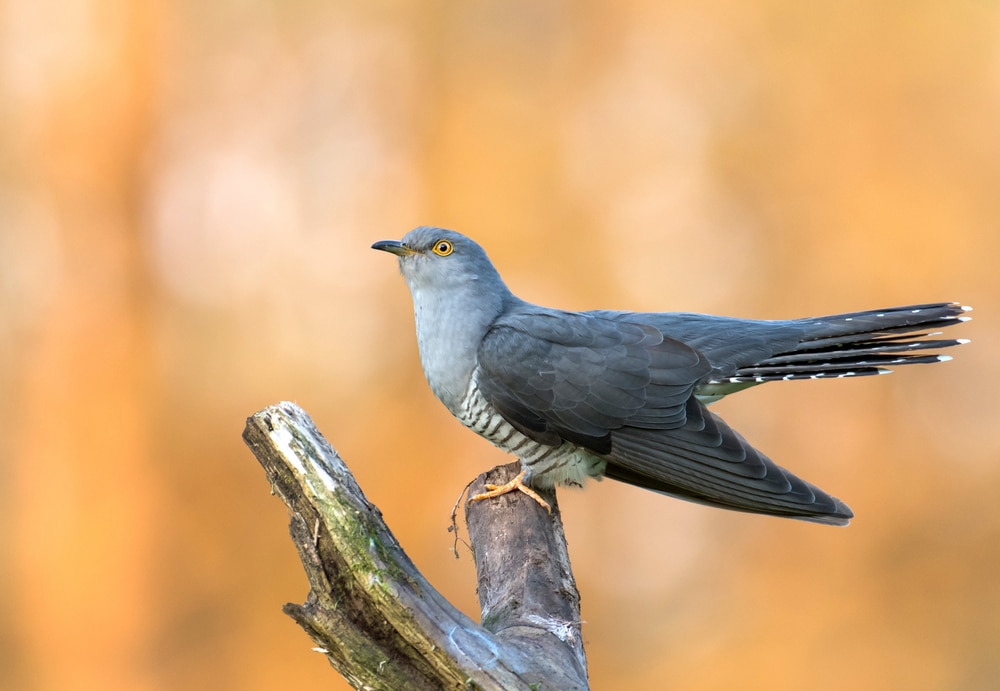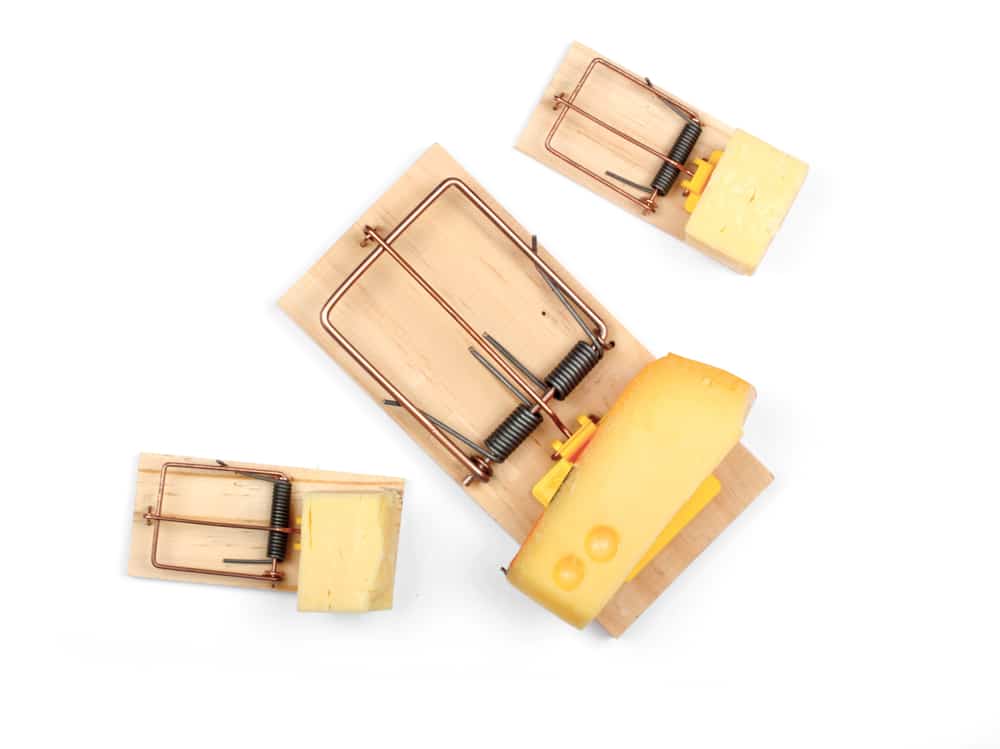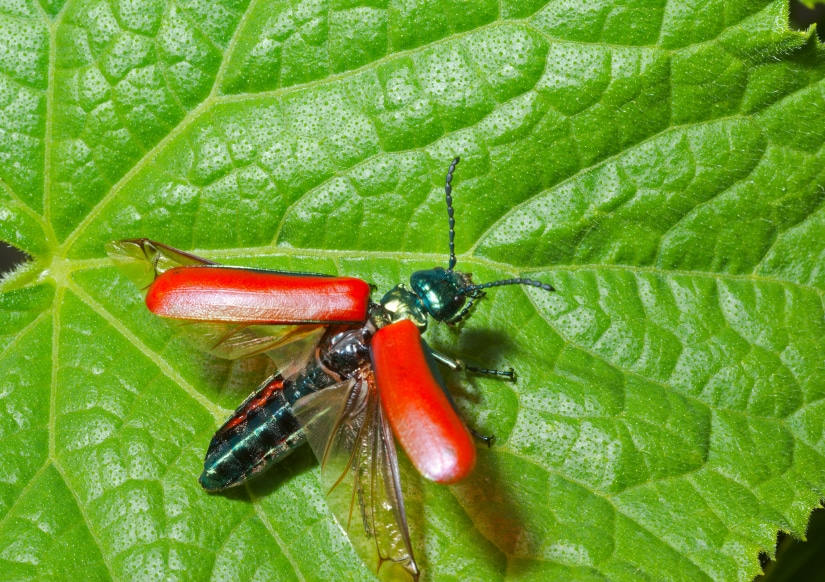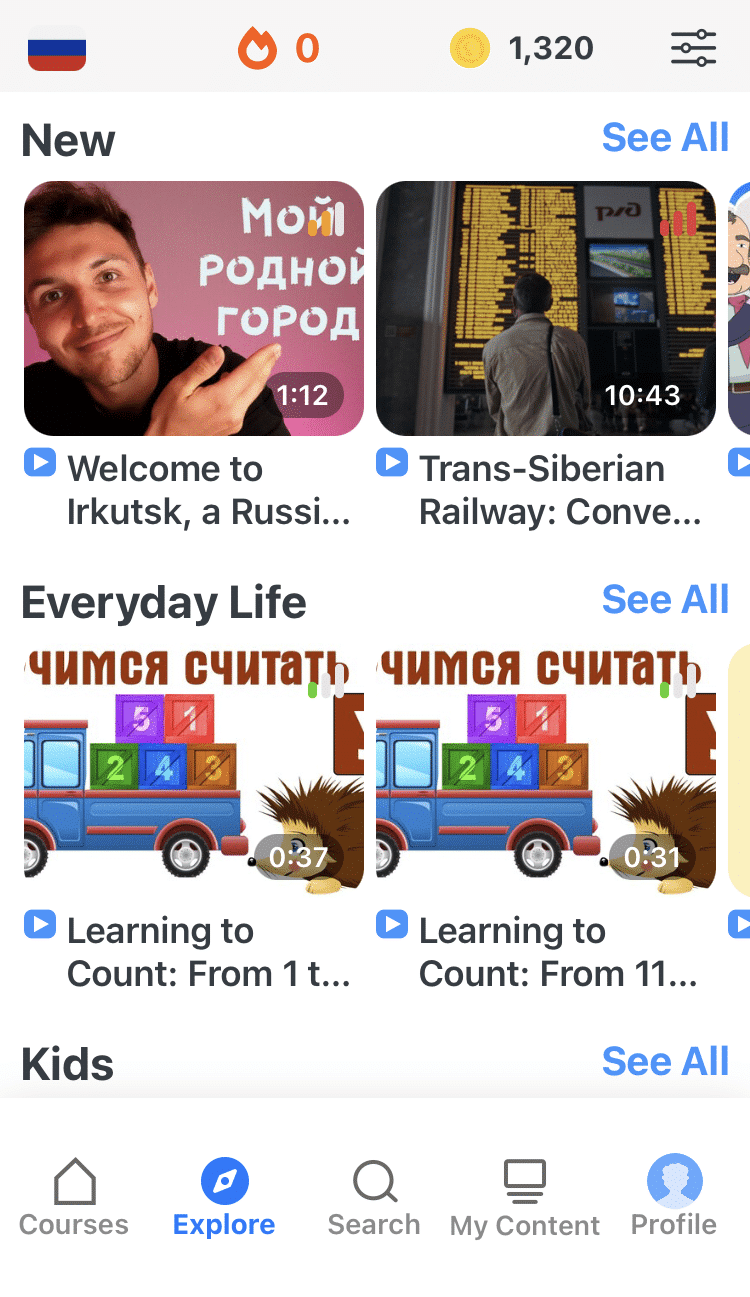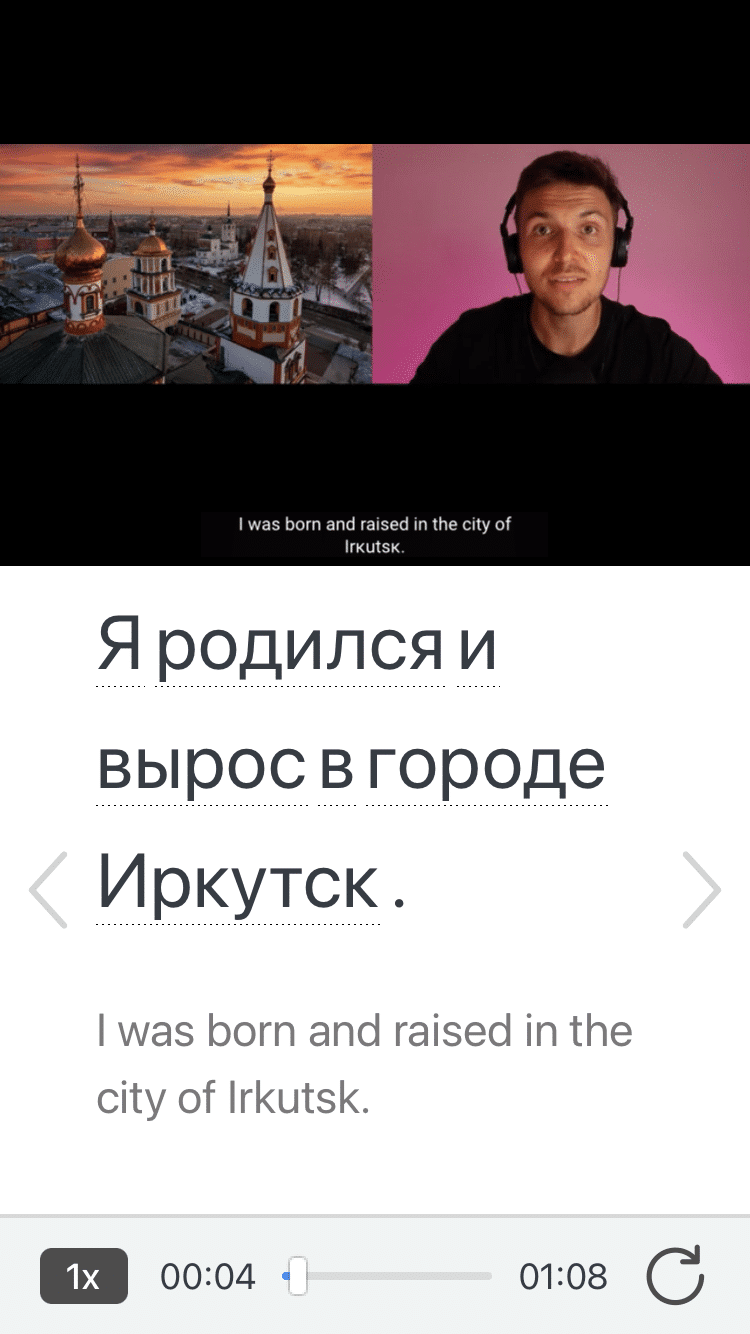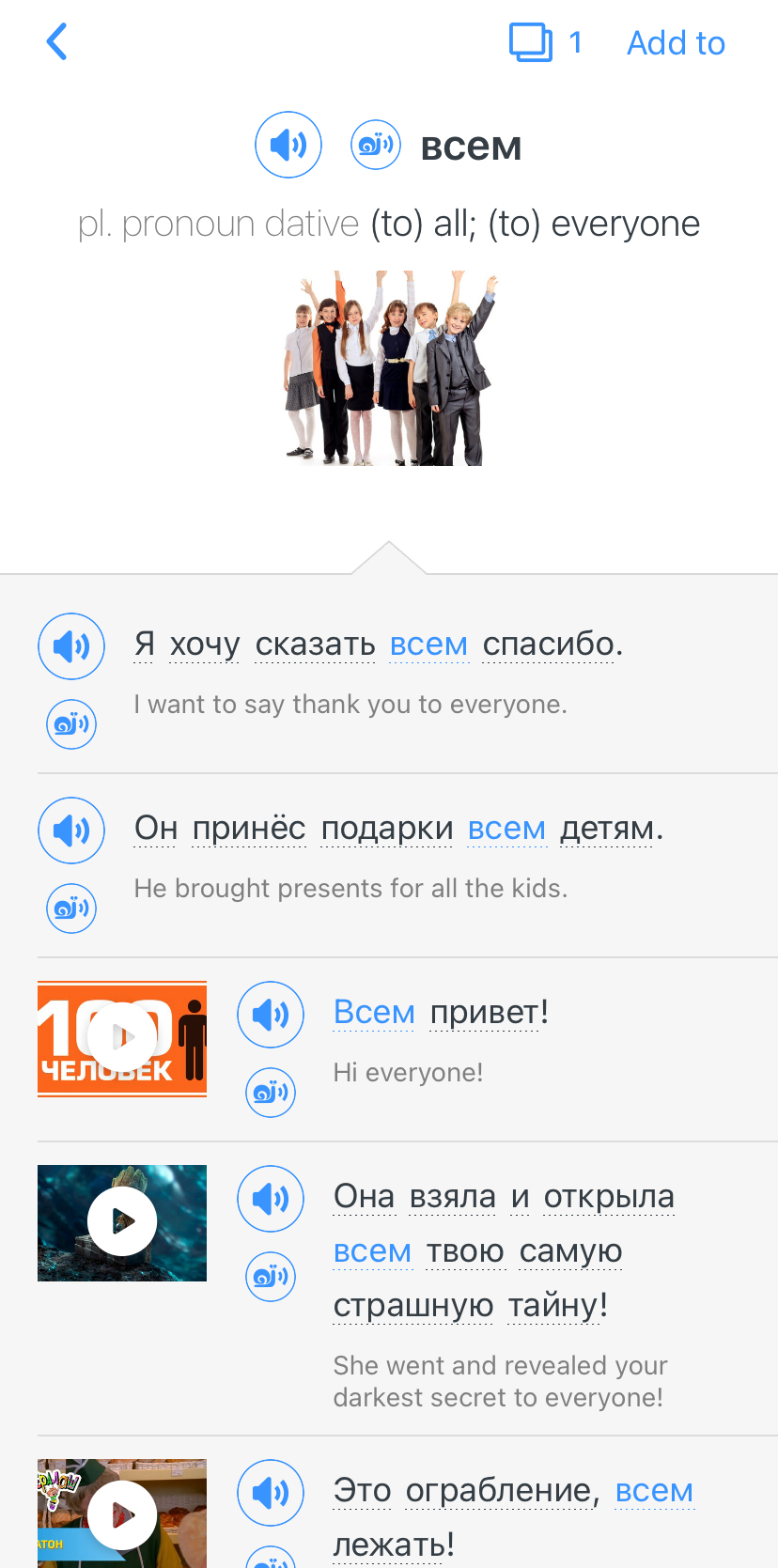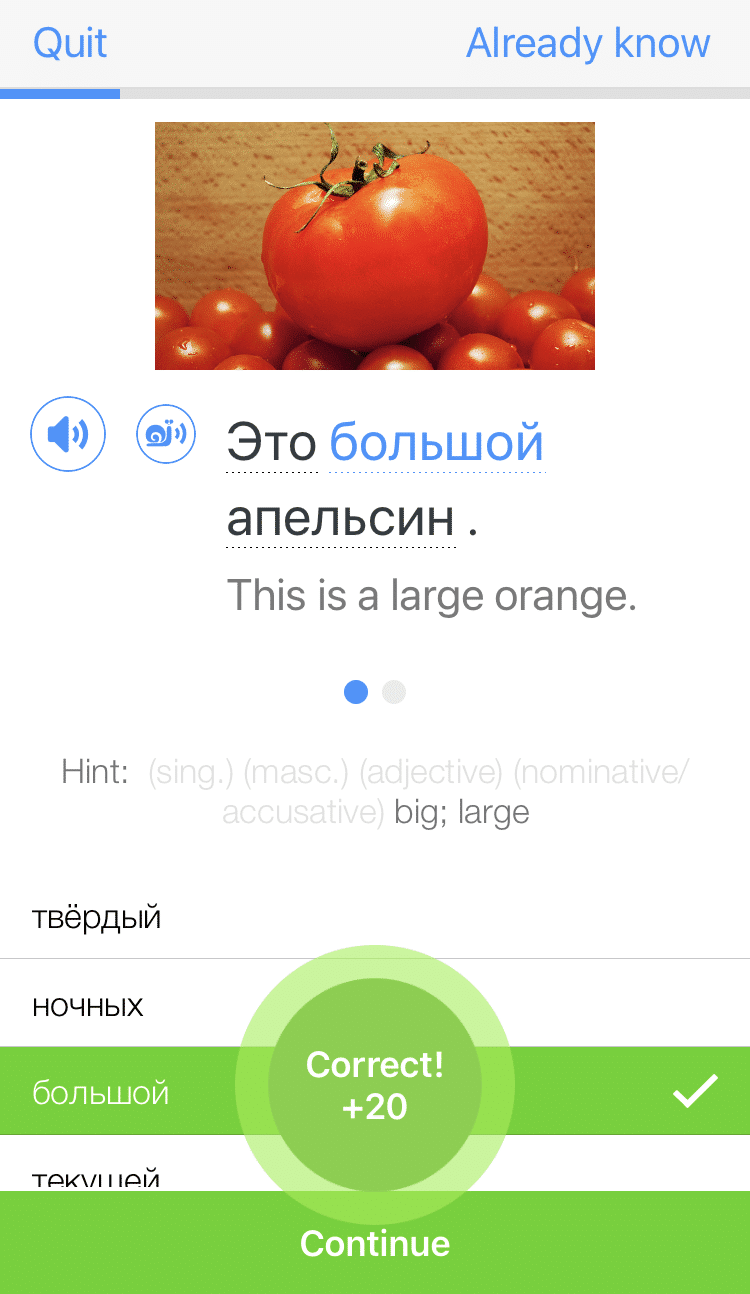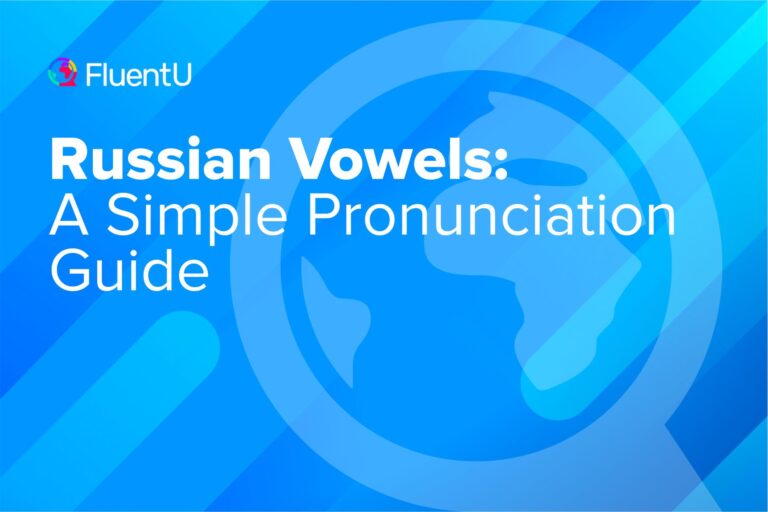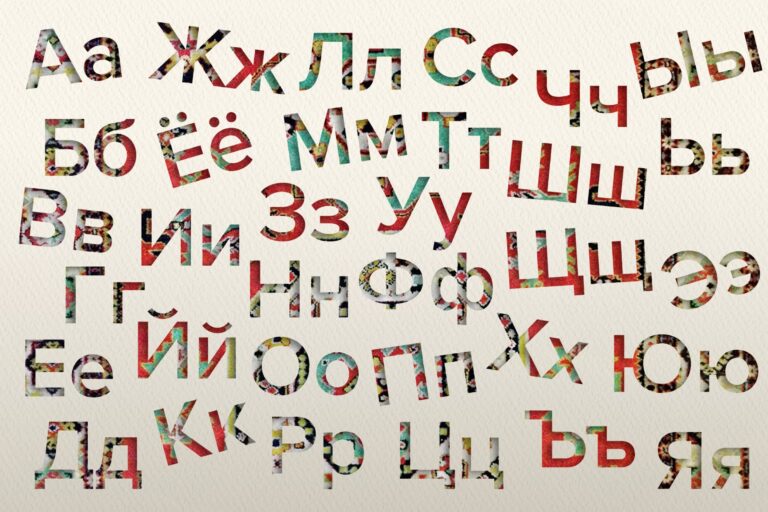Contents
- 1. Карл у Клары украл кораллы, а Клара у Карла украла кларнет.
- 2. Мама мыла Милу мылом. Мила мыло не любила.
- 3. Кукушка кукушонку сшила капюшон. Примерил кукушонок капюшон. Как в капюшоне он смешон!
- 4. Хохлатые хохотушки хохотом хохотали: ха-ха-ха-ха!
- 5. Ехал Грека через реку, видит Грека—в реке рак. Сунул Грека руку в реку. Рак за руку Греку цап!
- 6. Шла Саша по шоссе и сосала сушку.
- 7. Во лесу лозу вяжу. На возу лозу везу. Коза, лозу не лижи—Накажу!
- 8. Два щенка щека к щеке щиплют щётку в уголке.
- 9. Четыре чёрненьких чумазеньких чертёнка чертили чёрными чернилами чертёж.
- 10. Тише мыши, кот на крыше, а котята ещё выше.
- 11. На дворе трава, на траве дрова. Не руби дрова на траве двора!
- 12. Проворонила ворона воронёнка.
- 13. Сшит колпак, да не по-колпаковски, вылит колокол, да не по-колоколовски. Надо колпак переколпаковать, перевыколпаковать. Надо колокол переколоколовать, перевыколоколовать.
- 14. От топота копыт пыль по полю летит.
- 15. Наш Полкан попал в капкан
- 16. У перепела и перепёлки пять перепелят.
- 17. Жужжит жужелица, жужжит, да не кружится.
- 18. Корабли лавировали, лавировали, да не вылавировали.
- 19. У Кондрата куртка коротковата.
- 20. Мы ели, ели ершей у ели. Их еле-еле у ели доели.
- How Can Tongue Twisters Help You Learn Russian?
- How to Use Russian Tongue Twisters in Your Studies
- And One More Thing…
20 Russian Tongue Twisters for Pronunciation Practice
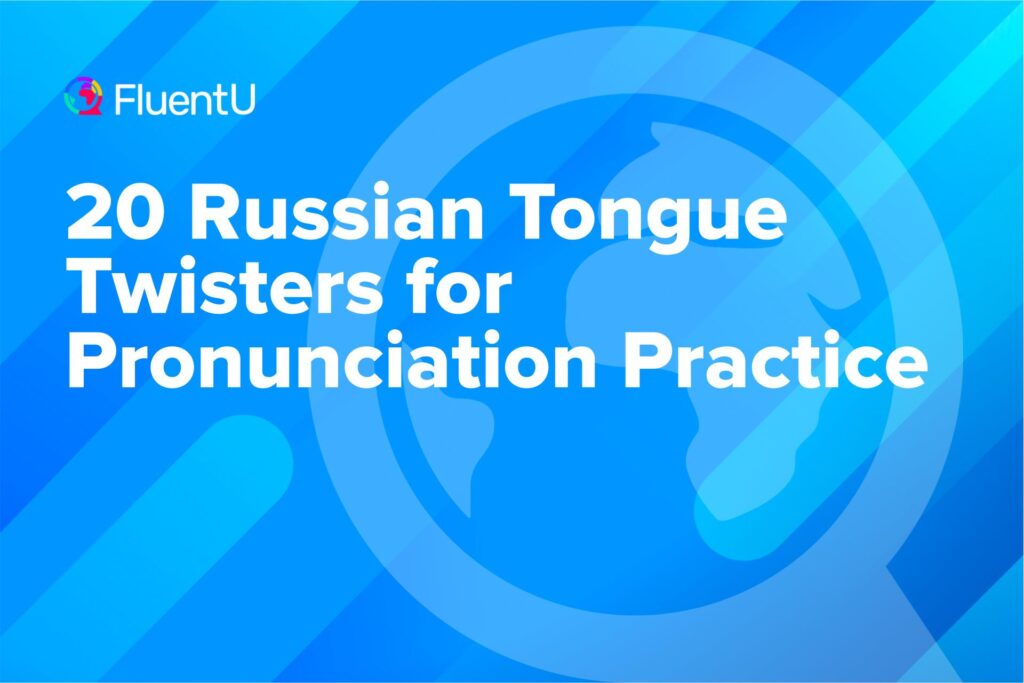
Russian tongue twisters can be just the boost you need to improve your Russian pronunciation and speaking skills.
There are plenty of Russian tongue twisters out there to help you practice your pronunciation. In this post, we’ve gathered 20 of our favorites to give your language skills a workout.
Download: This blog post is available as a convenient and portable PDF that you can take anywhere. Click here to get a copy. (Download)
1. Карл у Клары украл кораллы, а Клара у Карла украла кларнет.
English translation: Karl stole corals from Klara, and Klara stole a clarinet from Karl. Queen Klara harshly punished the gentleman Karl for the theft of the corals.
This tongue twister tends to be a challenge because no matter how hard you try, you’ll probably mix up Klara and Karl.
One thing to keep in mind is that names don’t really change in English, other than adding -’s to show possession (Karl’s or Klara’s).
However, in Russian, names change form according to gender and case.
For instance, in this tongue twister, the first Карла is the genitive case of Karl; hence the clarinet was stolen from Karl ( у Карла ).
2. Мама мыла Милу мылом. Мила мыло не любила.
English translation: Mama washed Mila with soap. Mila did not like the soap.
There are 10 Russian vowels. But these 10 letters represent only six sounds: The vowel pairs representing the same sound are: А-Я, О-Ё, Э-Е, У-Ю, and Ы-И.
Note: There’s some disagreement whether Ы and И are actually the same sound (and therefore whether there are five or six vowels in total).
In Russian schools, students are taught that they’re two different sounds, so we’re listing them here as such.
The first letter in each pair indicates that the preceding consonant is hard, while the second letter in each pair follows a soft consonant.
Palatalization, the soft pronunciation of a consonant, is often difficult for English speakers. The Ы-И is particularly problematic for new Russian language learners, especially since there’s debate about whether the vowels represent different vowels at all.
Spend some time practicing this Russian tongue twister to really perfect your Ы and И.
3. Кукушка кукушонку сшила капюшон. Примерил кукушонок капюшон. Как в капюшоне он смешон!
English translation: The cuckoo made a hood for the little cuckoo. The little cuckoo tried on the hood. He looks so funny in the hood!
This tongue twister about a cuckoo is another opportunity for you to practice recognizing the difference between two vowels: У and Ю .
4. Хохлатые хохотушки хохотом хохотали: ха-ха-ха-ха!
English translation: Shaggy giggly women laughed out loud: ha-ha-ha-ha!
While the Russian Х is similar in sound to the English H, the two sounds are made from different points in the throat.
The English H is a glottal fricative, meaning it’s made at the back of the throat. The Russian X is a velar fricative, which is pronounced from the back of the tongue, similar to an English K.
You can also watch this video featuring 25 short and easy Russian tongue twisters to pronounce:
5. Ехал Грека через реку, видит Грека—в реке рак. Сунул Грека руку в реку. Рак за руку Греку цап!
English translation: Greka was going over the river, Greka saw a crayfish in the river. Greka put his hand in the water, the crayfish snatched his hand!
Pronouncing the Russian P is often a challenge for learners.
If you find it difficult to properly roll your Ps, Burupo has a diagram of the proper tongue positioning as well as some pronunciation exercises.
Once you feel a little more comfortable with the P sound, practice reciting the above tongue twister about Greka and the lobster in the river.
6. Шла Саша по шоссе и сосала сушку.
English translation: Sasha was walking on the road and sucking on a pretzel.
One of the most challenging aspects of learning Russian is the set of four letters that represent hushing sounds: Ш , Ж , Ч and Щ . While English speakers typically find a way to pronounce these sounds, they struggle to differentiate between them.
The next few tongue twisters also involve those difficult hushing sounds.
7. Во лесу лозу вяжу. На возу лозу везу. Коза, лозу не лижи—Накажу!
English translation: In the forest, I knit the vines. On the cart, I carry the vines. Goat, do not lick the vines—I will punish (you)!
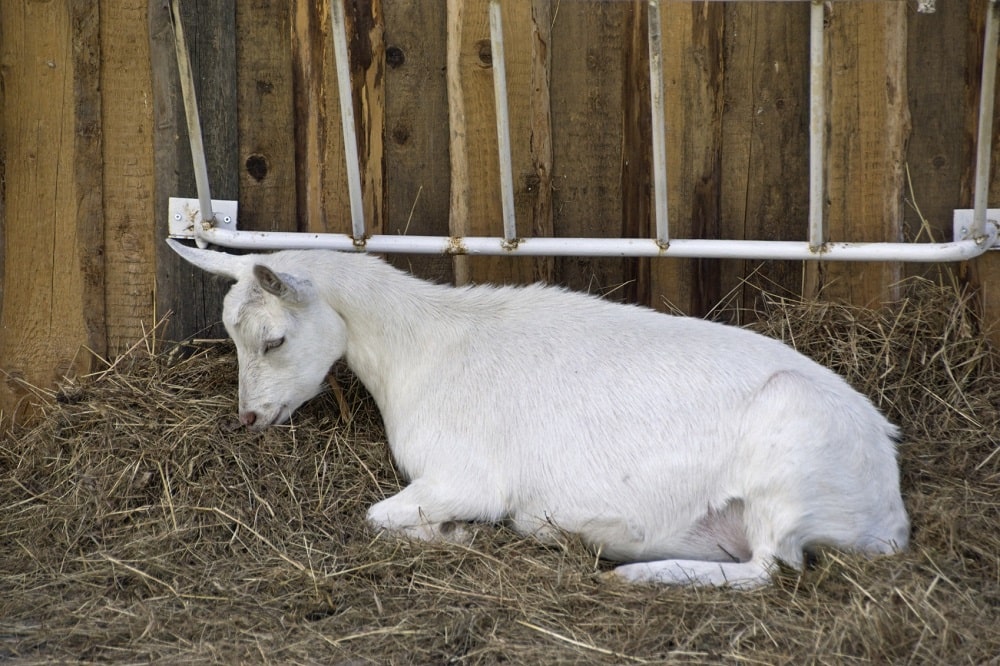
In addition to practicing your Ж hushing sound, this is a good tongue twister for taking note of prepositions.
The prepositions В(O) and НA are generally not stressed as much as other words in normal speaking patterns.
Instead, they’re essentially pronounced as a prefix to the word that follows them, making it difficult for some learners to hear these prepositions when spoken.
Pay special attention to these prepositions and you’ll be able to identify them more easily in conversations.
Have a native speaker friend or a Russian language exchange partner read this one out loud to you!
8. Два щенка щека к щеке щиплют щётку в уголке.
English translation: Two puppies cheek to cheek nibble a broom in the corner.
This tongue twister provides you with even more practice of the Ш, Ж, Ч and Щ sounds!
9. Четыре чёрненьких чумазеньких чертёнка чертили чёрными чернилами чертёж.
English translation: Four black, dirty little devils were drawing a blueprint in black ink.
Be sure to take note of the Ё sound when practicing this tongue twister.
10. Тише мыши, кот на крыше, а котята ещё выше.
English translation: Hush mice, the cat is on the roof, and the kittens are even higher.
11. На дворе трава, на траве дрова. Не руби дрова на траве двора!
English translation: The grass is in the yard, the logs are on the grass. Don’t chop the logs on the grass of the yard.
Looking for a challenging phrase with similar-sounding words and pronunciation? You just found the one! It’s a playful way to practice Russian consonant clusters and rhythm.
12. Проворонила ворона воронёнка.
English translation: A crow lost a little crow.
This tongue twister is known for its repetitive sound patterns. It’s a great exercise for improving articulation and speed in speaking Russian.
13. Сшит колпак, да не по-колпаковски, вылит колокол, да не по-колоколовски. Надо колпак переколпаковать, перевыколпаковать. Надо колокол переколоколовать, перевыколоколовать.
English translation: The cap was made not as a cap, the bell was made not as a bell. The cap needs to be re-done, re-made. The bell needs to be re-done, re-made.
What a mouthful! It’s a fun way to practice Russian consonant clusters and tongue placement.
14. От топота копыт пыль по полю летит.
English translation: From stomping of hooves dust flies over the field.
This tongue twister paints a vivid picture and helps with mastering Russian vowel sounds and intonation.
15. Наш Полкан попал в капкан
English translation: Our Polkan was caught in a trap.
Another short but challenging tongue twister, perfect for practicing Russian vowel reduction and quick pronunciation.
16. У перепела и перепёлки пять перепелят.
English translation: A (male) quail and a (female) quail have five little quails.
This tongue twister showcases Russian consonant clusters and is great for improving rhythm and speed in speech.
17. Жужжит жужелица, жужжит, да не кружится.
English translation: A ground beetle is making a humming noise, making a humming noise, but is not whirling.
Looking for a fun way to practice Russian consonant clusters and vowel sounds? Look no further! This tongue twister is your go-to!
18. Корабли лавировали, лавировали, да не вылавировали.
English translation: Ships had been maneuvering and maneuvering but weren’t able to “maneuver out”.
It’s a tongue-twisting exercise in repetition, perfect for improving diction and clarity in Russian speech.
19. У Кондрата куртка коротковата.
English translation: Condrat has a jacket that is a bit too short.
It’s another short but useful Russian tongue twister for practicing Russian consonants and can be used as a warm-up exercise for Russian language learners.
20. Мы ели, ели ершей у ели. Их еле-еле у ели доели.
English translation: We ate, ate pope fish by the spruce. We hardly ate the pope fish up by the spruce.
It’s a challenging tongue twister because of its repetition and consonant clusters. It’s excellent for anyone who wants to improve articulation and fluency in Russian.
How Can Tongue Twisters Help You Learn Russian?
Tongue twisters don’t always make sense and often, they don’t reflect the way people commonly speak. However, they’re helpful tools in developing the muscle memory needed to position the lips and tongue to generate unfamiliar sounds. For instance, the Dr. Seuss book, “Oh Say Can You Say?” is considered one of the best resources available for speech therapy and developing articulation skills.
Any new Russian student knows that there are a number of challenges associated with learning the language, particularly given the fact that there are several letters that don’t exist in English.
Sounding like a native Russian speaker may be a lofty goal, but at the very least, it’s imperative that Russian learners master the pronunciation of tricky sounds like Щ, Ы and Й to ensure they’re understood.
If you feel like you’re being thrown in the deep end with tongue twisters, start off by listening to native speakers and mimicking their pronunciation. Learning programs like FluentU are great for this type of shadowing practice.
FluentU takes authentic videos—like music videos, movie trailers, news and inspiring talks—and turns them into personalized language learning lessons.
You can try FluentU for free for 2 weeks. Check out the website or download the iOS app or Android app.
P.S. Click here to take advantage of our current sale! (Expires at the end of this month.)
How to Use Russian Tongue Twisters in Your Studies
- Listen. Find relevant videos or recordings of tongue twisters and listen to them multiple times. It may be helpful to slow down the playback speed to ensure you hear each individual sound. If you can’t find a recording online, ask a native speaker to say the tongue twister for you multiple times at various speeds and record it on your phone so you can listen to it anywhere.
- Focus on each individual sound. Is there a syllable or letter that sounds strange to you? Are you unable to identify the difference between certain sounds? If so, listen to the sounds side by side or ask a native speaker to help you recognize the differences and refine the way you say them.
- Repeat. As you’ve probably heard many times, repetition is key when it comes to language learning. Tongue twisters are no different.
- Move your mouth. Have you ever been to the opera? You may have no idea what they’re singing about, but you know that opera singers are famous for opening their mouths wide. Don’t be afraid to do the same. Form your mouth into the appropriate shapes and the sounds will follow. Proper mouth positioning will allow you to articulate the sounds correctly, in turn ensuring that people better understand you.
- Speed it up. The Russian word for tongue twister is скороговорка . Скоро means fast or quickly, while говорить means to speak. As you become more comfortable with each tongue twister, aim to do the same: Speak faster each time.
One of the most common things Russian language learners say in conversation is Повторите пожалуйста (Please repeat) because native Russians speak so quickly.
Spend some time practicing these Russian tongue twisters and soon, you’ll be more comfortable speaking, listening to and comprehending fast-paced speech.
Download: This blog post is available as a convenient and portable PDF that you can take anywhere. Click here to get a copy. (Download)
And One More Thing…
If you’re like me and prefer learning Russian on your own time, from the comfort of your smart device, I’ve got something you’ll love.
With FluentU’s Chrome Extension, you can turn any YouTube or Netflix video with subtitles into an interactive language lesson. That means you can learn Russian from real-world content, just as native speakers actually use it.
You can even import your favorite YouTube videos into your FluentU account. If you’re not sure where to start, check out our curated library of videos that are handpicked for beginners and intermediate learners, as you can see here:
FluentU brings native Russian videos within reach. You can watch videos with dual-language subtitles and hover over any word to see its meaning along with an image, audio pronunciation, and grammatical information.
Click on a word to see more examples where it's used in different contexts. Plus, you can add new words to your flaschards! For example, if I tap on всем, this is what pops up:
Want to make sure you remember what you've learned? We’ve got you covered. Each video comes with exercises to review and reinforce key vocab. You’ll get extra practice with tricky words and be reminded when it’s time to review so nothing slips through the cracks.
The best part? FluentU tracks everything you’re learning and uses that to create a personalized experience just for you. Start using the FluentU website on your computer or tablet or, better yet, download our app from the App Store or Google Play.
Click here to take advantage of our current sale! (Expires at the end of this month.)

